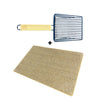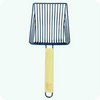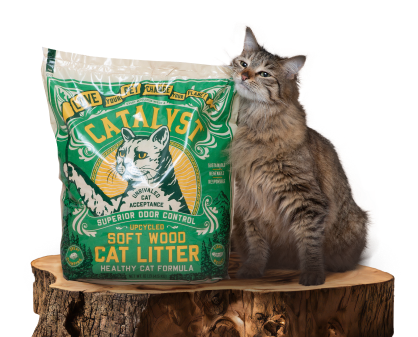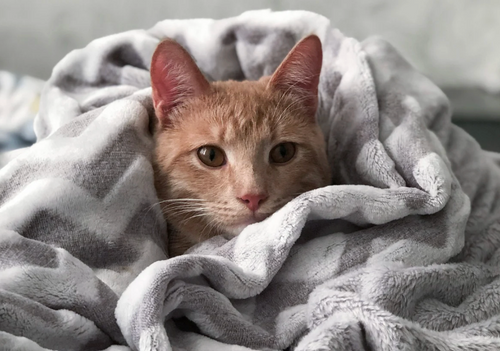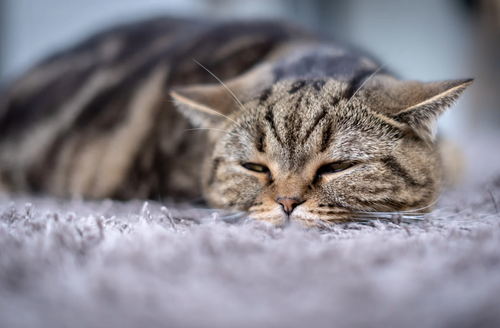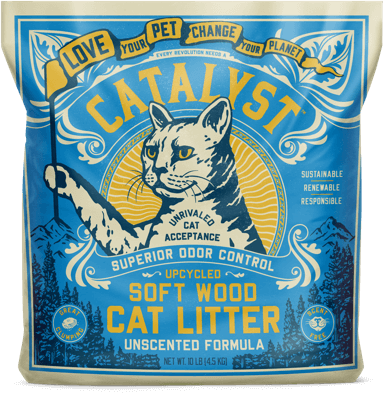Everyone is familiar with microchips in the technology we use today, but did you know they are also incredibly helpful for your pets? Microchips provide a permanent identification to help safely return your pet back home should they decide to venture off. In fact, cats with microchips are 20x more likely to be reunited with their pet parents than those without! Read on to learn more about the importance of microchipping…
What is a microchip and why is it important?
A microchip is an implant that uses RFID (radio frequency identification) technology to give your cat permanent identification. They are small and safe for kittens and cats alike. Once scanned, the tag transmits a special ID number to the scanner. Unlike other forms of identification like a collar or a tattoo, microchips cannot be removed or tampered with.
There are many benefits to a microchip, primarily to help your fur baby find their way home. Most humane societies, animal shelters and vets have a universal reader and will scan a cat that comes in to see if it has an owner. It’s also common practice to microchip adoptable kittens and cats among shelters before they head off to their furever home.
What if I have an indoor cat?
While most indoor cats stay indoors, there’s always the possibility of escaping through an open door or window or if you need to leave the home if there’s an emergency. Microchipping your indoor kitty provides a better chance to reunite should your cat decide to go an adventure.
What else do I need to do?
Once your cat has been microchipped, you need to register the number. Your vet or shelter will provide you with the information needed or submit the paperwork for you. It’s important to keep the information updated so you can always be easily contacted.
We love our kitties, and want to make sure we give them the best chance possible to safely find their way home. Besides microchipping, make sure your animal has an ID tag as well as keep an updated and clear photograph of your cat handy, especially if they have any unique markings.

